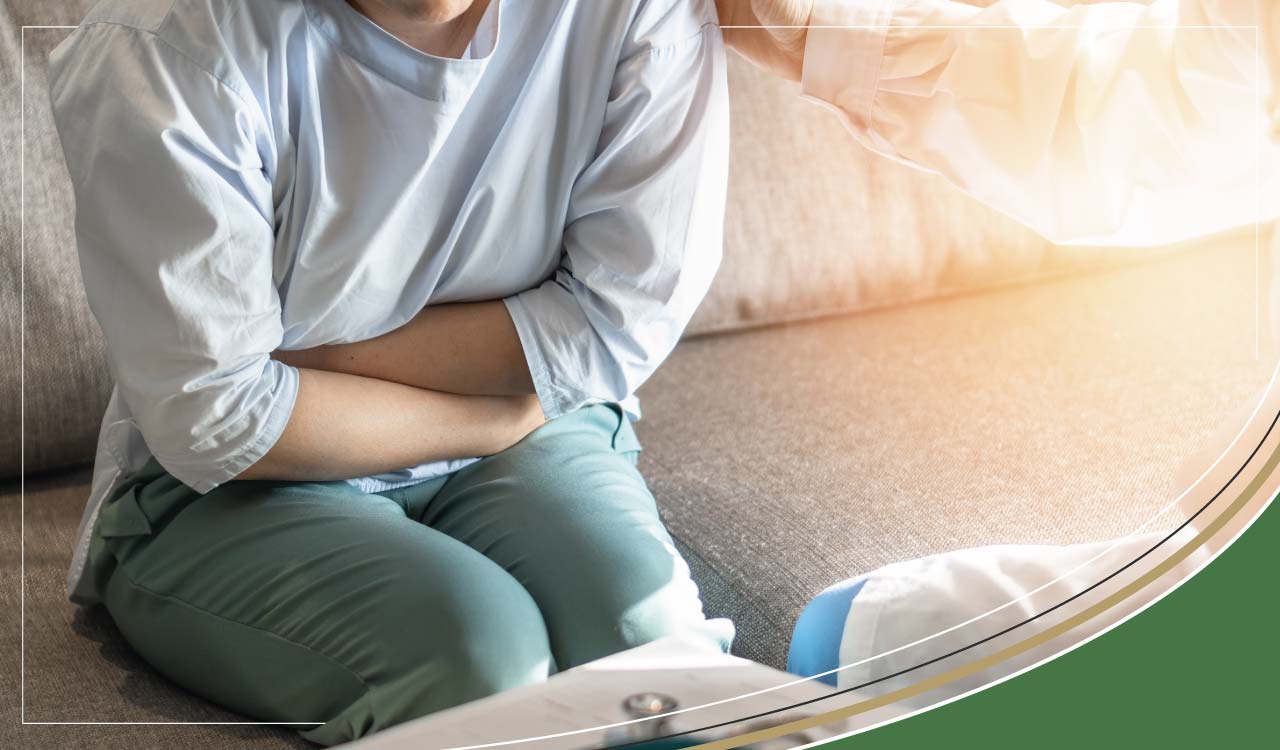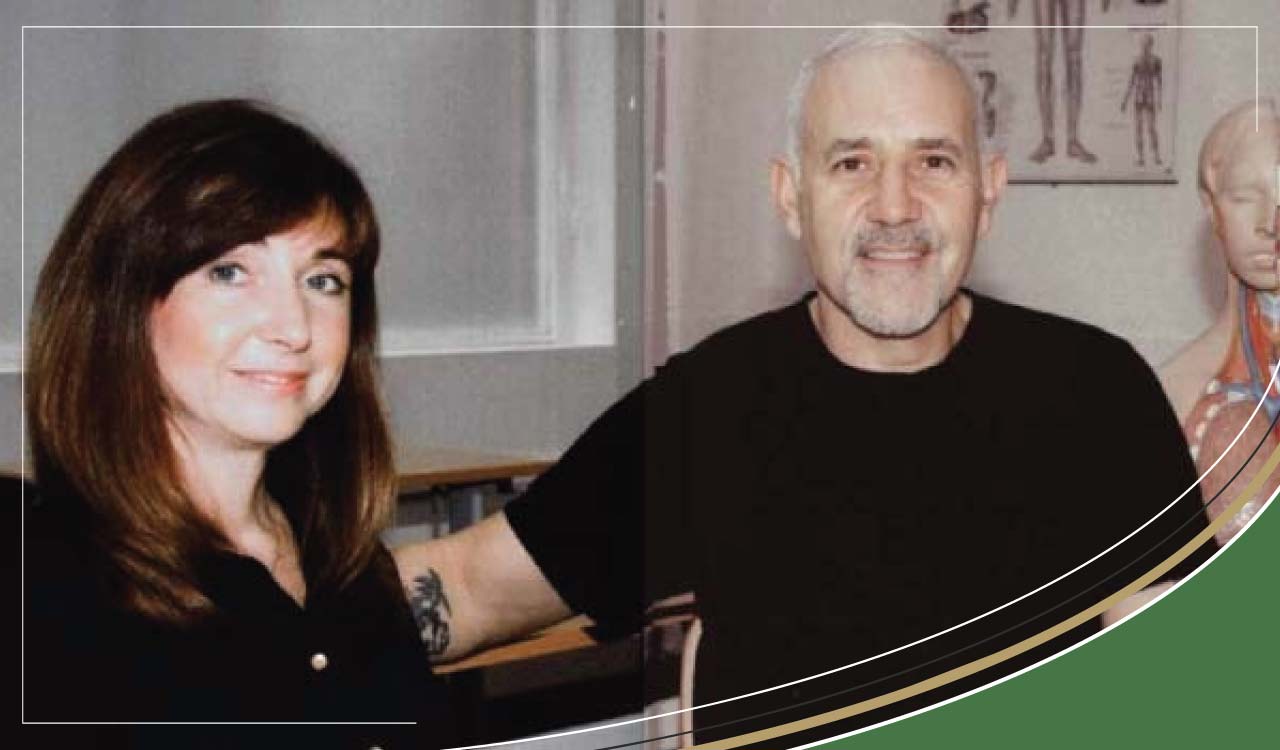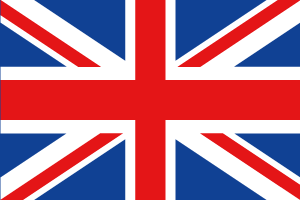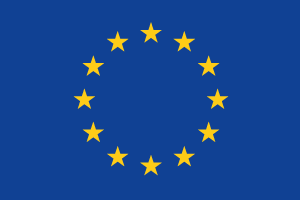Interstitial cystitis symptoms and treatments

Interstitial cystitis is a condition where the bladder is chronically inflamed causing recurrent pain and increasing the urgency and frequency of urination. Pain can be experienced in the pelvic area, perineal area or in the urethra and may increase during intimacy, urination or menstruation.
Interstitial cystitis is a condition where the patients predominant symptom is bladder related discomfort. It's a non malignant, non infective condition which may be associated with changes that are apparent when you look at the bladder, but sometimes the bladder may appear absolutely normal, that the patient may be crippled with discomfort.
Source - Royal Melbourne Hospital.
What Causes Interstitial Cystitis?
There has been a great deal of research over the years with limited insight found into what causes interstitial cystitis. It has long been considered that interstitial cystitis is not caused by bacteria. However, more recently, it is beginning to be recognised that standard urine testing may fail to show up low grade infections.
What Do We Know from Current Research About Interstitial Cystitis?
Women are much more likely to experience this (they form 90% of reported cases)
Comorbid conditions that increase the likelihood:
- Fibromyalgia
- Endometriosis
- Irritable Bowel Syndrome
- Rheumatoid Arthritis
- Chronic Pelvic Pain
- Recent Pelvic Surgery
- Urinary Stones
- Recurrent Urinary Tract Infections
- Vulvodynia
- Migraine
- Depression
- Anxiety
- Reduced oestrogen
Acidic fruits can intensify the pain. The sugar in fruit can also feed yeast such as candida, exacerbating symptoms.
Urine cultures do not always detect the presence of bacteria.
Treatment
There are a number of pharmaceutical and surgical interventions for Interstitial Cystitis. Many people now are becoming aware of a more natural approach to tackling Interstitial Cystitis. One option is D-Mannose, an all-natural monosaccharide that can be bought in both powder and tablet form.
Is it Bacterial Cystitis
Your very first step should be to ascertain whether there is a bacterial cause. Request a thorough bacterial analysis of your urine. Often, finding out the type of bacteria and taking appropriate action can lead to complete relief from what had been previously considered incurable.
Interstitial Cystitis Symptoms
Interstitial cystitis symptoms can seriously damage your quality of life. Symptoms of interstitial cystitis may include the following:
- Pain or pressure in the bladder.
- A feeling of sharp needles in the bladder.
- A feeling of unexplained irritation in the bladder.
- Smelly urine.
- Intimacy feels painful.
- Frequent urination day and night.
- Retention of urine.
Dietary Changes
One essential change we need to make is to focus less on our interstitial cystitis and more on the overall balance in our bodies.
Incorporate more of the following alkalizing foods in your diet;
- Fresh fruits and vegetables daily.
- Eat more berries, especially blueberries as they are rich in antioxidants.
- Eat lots of greens! Alfalfa, green barley, Spirulina, wheat grass, etc. are an excellent way to increase alkalinity in the diet and are therefore perfect for to help heal Interstitial Cystitis.
- Substitute some meat meals with veggie meals.
- Lemon juice, apple cider vinegar.
- Buffered Vitamin C; Ester C or Calcium Ascorbate.
- Consider adding Calcium Magnesium, Vitamin D3.
Finally, attend to dysbiosis in the gut with quality Probiotics.
Most people who focus fully on cleaning up their diet, alkalising and repopulating the gut soon see the debilitating symptoms of interstitial cystitis disappear and their health gradually return.
 Free Shipping on orders $110+ AUD
Free Shipping on orders $110+ AUD
 Worldwide Delivery Available
Worldwide Delivery Available
 Read Thousands of Independent Reviews
Read Thousands of Independent Reviews


















